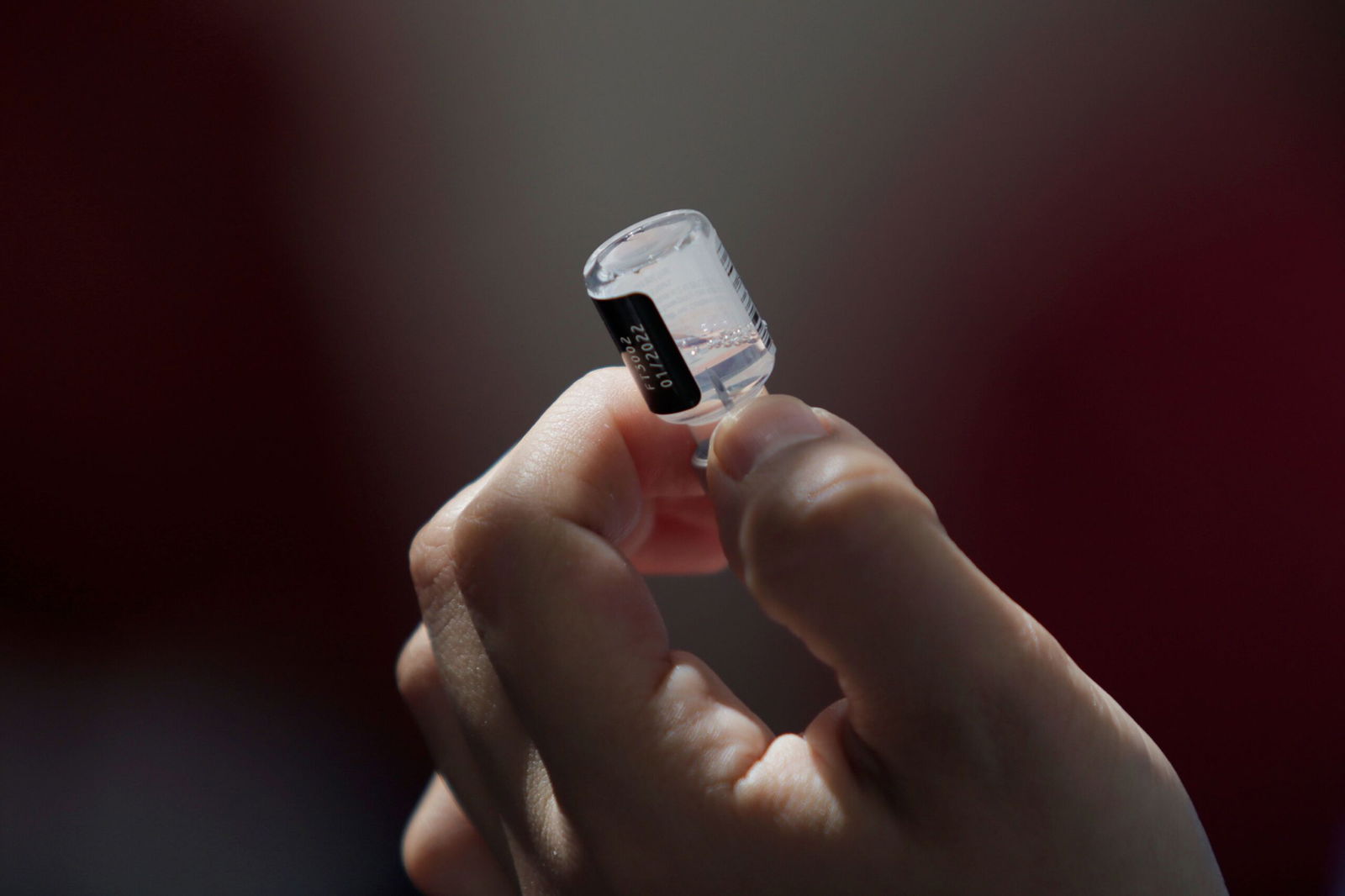HHS slashes funding for mRNA vaccine development

By Jen Christensen, CNN
(CNN) — US Health and Human Services is “winding down” its mRNA vaccine development and will instead fund other vaccine platforms through the Biomedical Advanced Research and Development Authority, the agency said Tuesday.
HHS Secretary Robert F. Kennedy Jr. said in a statement that BARDA would terminate 22 mRNA vaccine development investments, suggesting the vaccines “fail to protect effectively against upper respiratory infections like Covid and flu,” despite evidence they protect against severe disease and death from Covid-19 and show promise against influenza. HHS said some final stage contracts will continue, but “no new mRNA-based projects will be initiated.”
“We reviewed the science, listened to the experts, and acted,” Kennedy said.
“Going forward, BARDA will focus on platforms with stronger safety records and transparent clinical and manufacturing data practices,” HHS said. “Technologies that were funded during the emergency phase but failed to meet current scientific standards will be phased out in favor of evidence-based, ethically grounded solutions – like whole-virus vaccines and novel platforms.”
Messenger RNA is a single strand of the genetic code that cells can “read” and use to make a protein. With the Covid vaccine, mRNA instructs cells in the body to make the particular piece of the virus’s spike protein. When the immune system sees it, it recognizes it as foreign and is then prepared to attack when there is an actual infection.
The vaccines were particularly useful during the Covid-19 pandemic because they can be developed and manufactured quickly. Multiple peer-reviewed studies have shown that mRNA vaccines developed under Operation Warp Speed during the first Trump administration were highly effective at preventing severe disease and were repeatedly demonstrated to be extremely safe.
The Trump administration and Kennedy, who has a long history of anti-vaccine claims, had previously said they were evaluating mRNA projects. In May, HHS also terminated a $590 million contract with Modern to develop a vaccine to protect against bird flu.
Dr. Peter Hotez, a pediatrician who directs the Center for Vaccine Development at Texas Children’s Hospital, said Tuesday’s HHS announcement will “promote their pseudoscience agenda and weaken our nation’s biosecurity.”
“The mRNA technology, like all biotechnologies, has strengths and weaknesses, but for a pandemic situation with a new and previously unknown pathogen, or for cancer vaccines and immunotherapeutics it has distinct advantages,” Hotez said. “HHS under Mr. Kennedy is telling us that we should no longer look to the federal government for innovation in biomedicine. The states are on their own.”
HHS said it is canceling BARDA’s award to Moderna/UTMB for an mRNA vaccine for H5N1, known as avian flu. It is also terminating contracts with Emory University and Tiba Biotech. Emory has been working on a dry powder mRNA antiviral platform that could be inhaled and Tiba is working on a platform that uses a nanoparticle carrier technology, according to the BARDA website. HHS also said it is “de-scoping” mRNA-related work in contracts it has with Luminary Labs, ModeX, and Sequirus.
HHS said it was also rejecting or canceling multiple pre-award solicitations with proposals from Pfizer, Sanofi Pasteur, CSL Sequirus, Gritstone and others. And it was also restructuring collaborations with the US Department of Defense that would impact nucleic acid-based vaccine projects with AAHI, AstraZeneca and HDT Bio.
HHS said the impacted projects were worth about $500 million. “Other uses of mRNA technology within the department are not impacted by this announcement,” it said.
In a statement, Moderna spokesman Kelly Cunningham said, “We are not aware of any new contract cancellations by BARDA involving Moderna. As previously announced in May, our pandemic flu contract was canceled, and we do not currently have any active collaboration with BARDA.”
A spokesperson for Gritstone said the company ceased operations “as a company some time ago.”
AstraZeneca declined to comment.
CNN reached out to Tiba Biotech, Emory, Pfizer, ModeX, Luminary Labs, CSL Seqirus and Sanofi for a response.
Dr. Paul Offit, a vaccine scientist at Children’s Hospital of Philadelphia and an outside vaccine adviser to the FDA criticized Kennedy for making “a policy decision again that contradicts the scientific data.”
“He has said things like the mRNA vaccines are unnecessarily dangerous,” Offit said. “It’s just wrong. I mean it’s actually remarkably safe and it’s effective.”
“A decision based on cutting back all this funding based on false statements is just hard to watch,” Offit added.
If another pandemic comes “we’ll just be behind the eight ball again,” without additional research into mRNA vaccines. “All it does is put us at unnecessary risk for no good reason and just a few bad reasons too,” Offit said.
Dr. Jake Scott, an infectious diseases doctor in California who worked many long days treating patients during the Covid-19 pandemic, said he lost several patients early in the pandemic, but the mRNA vaccines brought major changes by safely protecting billions of people from severe disease and death.
“I cannot really convey accurately what a profound difference there was in the hospital pre vaccine and post vaccine and that was thanks to the mRNA technology,” said Scott, a clinical associate professor, medicine – infectious disease with Stanford Medicine.
To hear that HHS was going to eliminate investment in mRNA vaccines, Scott said, is “really depressing.”
“This just hits differently. It makes me sad. It’s kind of heartbreaking,” said Scott.
The-CNN-Wire
™ & © 2025 Cable News Network, Inc., a Warner Bros. Discovery Company. All rights reserved.



